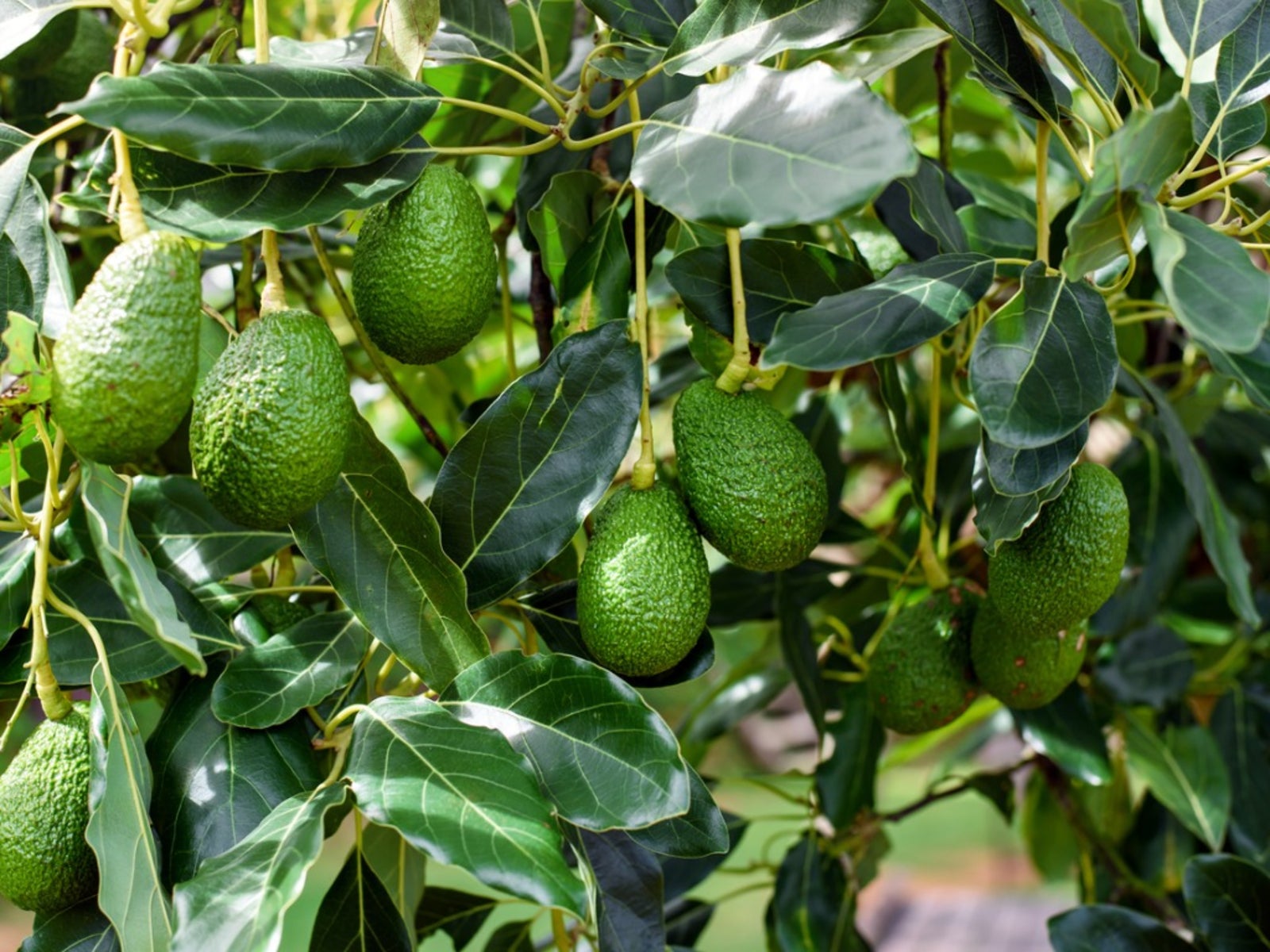Avocado Tree Growing - How To Plant An Avocado Tree


Avocados are a source of vitamins and nutrients. Their popularity as a condiment or use in salads is enhanced by the sunny climates evoked by their presence on the menu. Planting avocado trees outdoors is not a viable option for most United States gardeners because of the plant's preference for tropical to sub-tropical temperatures and its frost sensitivity. However, you can learn how to plant an avocado tree as a potted indoor plant or in a protected area outdoors to grow your own crop of this rich, versatile fruit. Warm indoor temperatures, bright sunlight and good avocado tree care can have you on your way to homemade guacamole and a host of other gustatory delights.
Avocado Information
Avocado tree growing is a fun way to introduce organic fruit for you and your family. Avocados may be medium to large trees but dwarf varieties exist for home growing. The trees have fragile limbs that are easily damaged by wind and the entire plant is very sensitive to cold conditions. The avocado tree is evergreen with thick, leathery leaves and produces perfect white, ivory to yellow flowers. The fruit has a large seed or pit in the center and may be green or nearly black. Avocado information wouldn't be complete without mentioning the three distinct groups of the fruit from which all cultivars derive. These main varieties are:
- West Indian
- Guatemalan
- Mexican
How to Plant an Avocado Tree
Choose a location where there is plenty of sun exposure and well-drained soil when planting avocado trees. A location on the southern side of the home or in a dip or valley will ensure protection from winds. Incorporate plenty of organic matter into the soil and check the soil for porosity. If you have soil that doesn't drain well, work in sand or other gritty matter to increase its drainage. Also, you need to leave 8 to 10 feet (2.5 to 3 m.) from buildings and up to 30 feet (10 m.) of space apart when planting avocado trees.
Avocado Tree Growing
Avocados do not grow true from seed but you can get an interesting plant from starting a pit. Although many gardeners have experimented with germinating a pit in a glass of water, most avocados are propagated from tip grafting and the resulting seedlings will exhibit the characteristics of the graft wood or parent plant. Plant grafted seedlings with the graft under the soil, which is uncommon for other grafted trees. Stake young trees and keep them free of weeds while they are establishing.
Avocado Tree Care
Planting avocado trees properly is only the first step to getting fruit. Avocado tree care must include deep, thorough watering when the growing season is in full swing. The trees benefit from fertilization in February through September. Use ammonium sulfate applications spread out over this period. In the first year after planting, apply 1/2 cup (120 ml.), which increases to 1 cup (240 ml.) per month. Once the tree is two years old, application can increase to 2 cups (480 ml.) every month. There is no need to prune the tree except to remove dead wood in spring. You can, however, prune an avocado to maintain size, if desired. Most trees produce fruit within a couple of years.
Sign up for the Gardening Know How newsletter today and receive a free copy of our e-book "How to Grow Delicious Tomatoes".

Bonnie Grant is a professional landscaper with a Certification in Urban Gardening. She has been gardening and writing for 15 years. A former professional chef, she has a passion for edible landscaping.